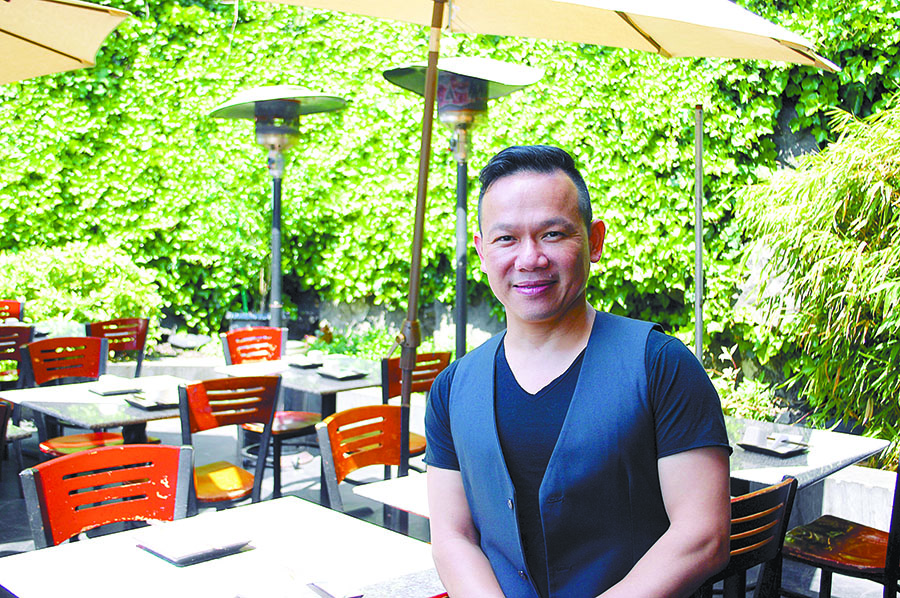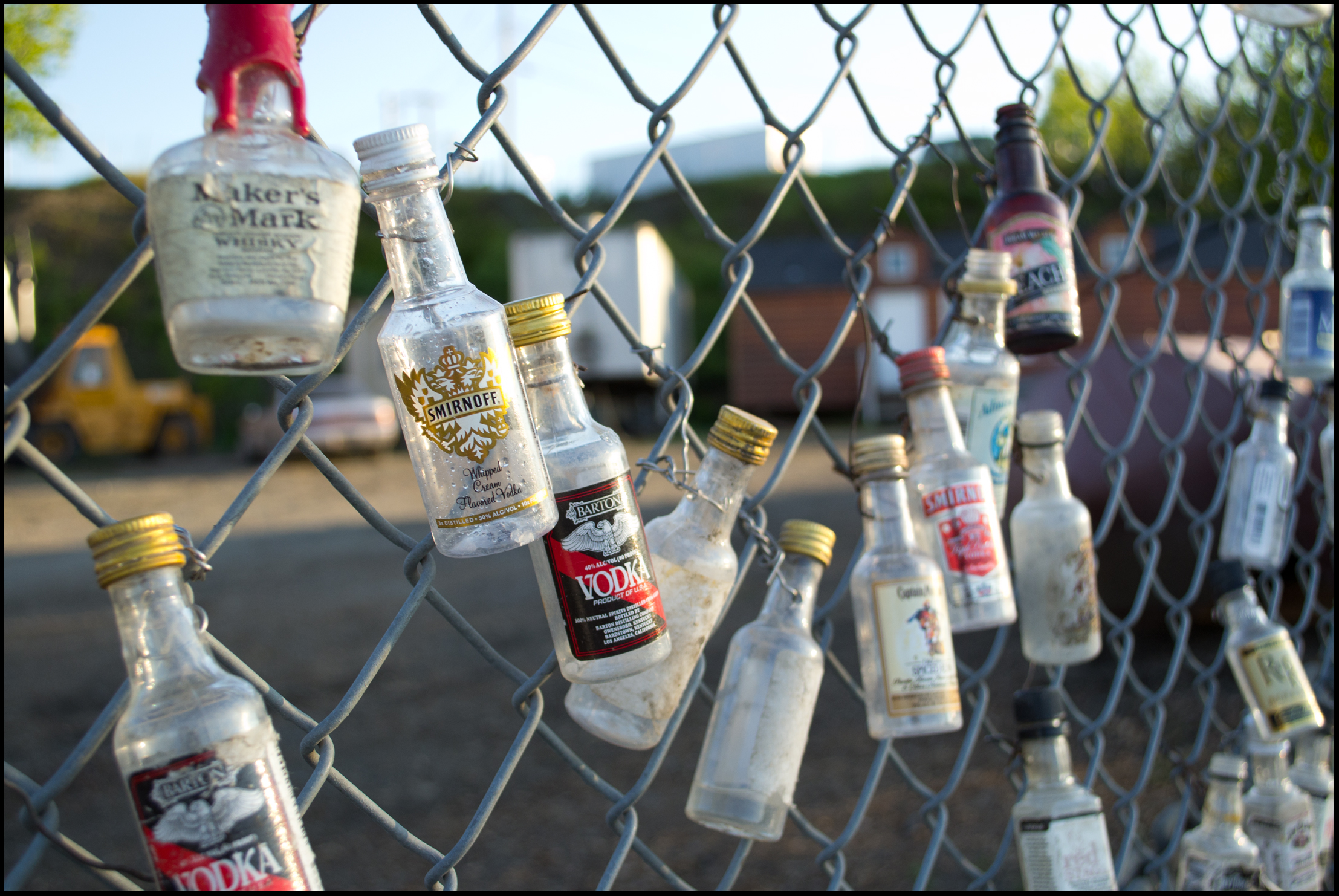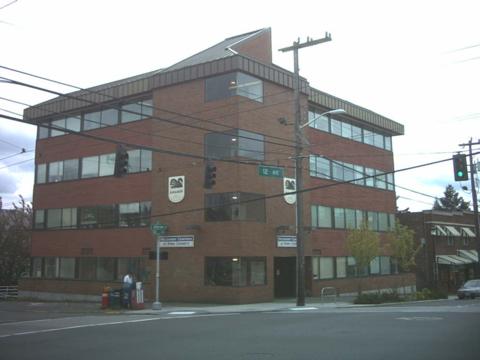Stephen Hayne, one of the most pre-eminent drunken-driving defense attorneys in Washington, says the latest slew of proposals to overhaul the state’s DUI laws — which may or may not be addressed in a special session to begin May 13 — are unrealistic, too costly to implement and, in the case of outfitting ignition-interlock devices before a conviction is rendered, not likely to pass constitutional muster.
“The problem is is that we have to use a scalpel, not a sledgehammer in all of this,” says Hayne.
The 65-year-old Bellevue-based lawyer is not your garden variety DUI lawyer. You won’t find his ad in the Yellow Pages or the side of bus. Hayne doesn’t need one. He’s the coauthor of Defending DUI’s in Washington State, considered the bible of the DUI defense. He’s also one the co-founders of the National College for DUI Defense and continues to be in demand on the nationwide defense-attorney lecture circuit.
During his decades-long practice, he’s represented thousands of clients. “And I know that more than 90 percent of them are never going to offend again. They’ve been humiliated, shaken to the core. They don’t want to get through this ever again.”
As to the repeated offenses, yes, something has to be done, and the punishment meted made more severe, Hayne wholeheartedly agrees. But he doubts the proposal to make a DUI a felony on the fourth offense, as Rep. Roger Goodman, D-Kirkland is seeking, will fly and may even been unnecessary. State-certified treatment programs, argues Hayne, some of them two-years in duration and costing up to $7,000 — could prove to a more effective measure.
“Look, I think it’s appropriate to get tougher with the repeat offenders. If I were a judge, I’d be as harsh anyone, I mean, everyone can make a mistake, but you have to work pretty hard to get a third or fourth or fifth DUI.
But the reality is that it is going to cost cities and counties tens of thousands of dollars, and to the state, add on a few hundred million, to put these people in prison,” Hayne goes on. “There’s no stomach for this. You can talk tough, but it’s not practical. You’re also going to have a huge increase in costs for trials and appeals, because these people are going to fight tooth and nail to avoid a conviction.
“You know, in all my years lobbying on behalf of Washington defense attorneys, it was always the prosecutors who were most vocal in not wanting DUIs to be treated as a felony. They didn’t want to take away their resources from going after rapists and so on.”
Hayne predicts the number of deferred prosecutions will invariably rise if there’s the specter of a felony conviction, for prosecutors, in order to avoid a long and costly trial, will accede to a plea bargain of sort in which the defendant will agree to expensive treatment, “which may be the wiser option.”
As for Rep. Goodman’s latest legislative incarnation, mandating that an interlock device be installed within five days after an arrest and release from jail — but before there is a conviction — Hayne says, “I don’t think that will survive court challenges. It will make people feel good, but it’s clearly unconstitutional.”
Turning reflective, Hayne says all good lawyers wear two hats, the legal hat and the counselor hat. It was the latter, one that went horribly awry, that still haunts him.
A former client, Susan West, a troubled woman he tired hard to keep on the treatment track, struck and killed a woman, Mary Johnsen, as she walked hand-in-hand with her husband on the Sammamish Plateau on July 26, 1997. It was the only DUI client he has ever had who killed someone.
West had a 20-year-history of drunken-driving violations, and in two cases within 18 months in 1989 and 1991, Hayne managed to get West deferred prosecutions. State law at the time allowed for only one deferred prosecutions within five years. It was a mistake Hayne quickly corrected, and during a three-day disciplinary hearing in December 1999, Hayne was found not to have violated any rules of professional conduct.
“Susan did more than six years in prison, and when she got out, she was arrested again,” notes Hayne. “I haven’t heard anything about her since, and I hope I never do.”








